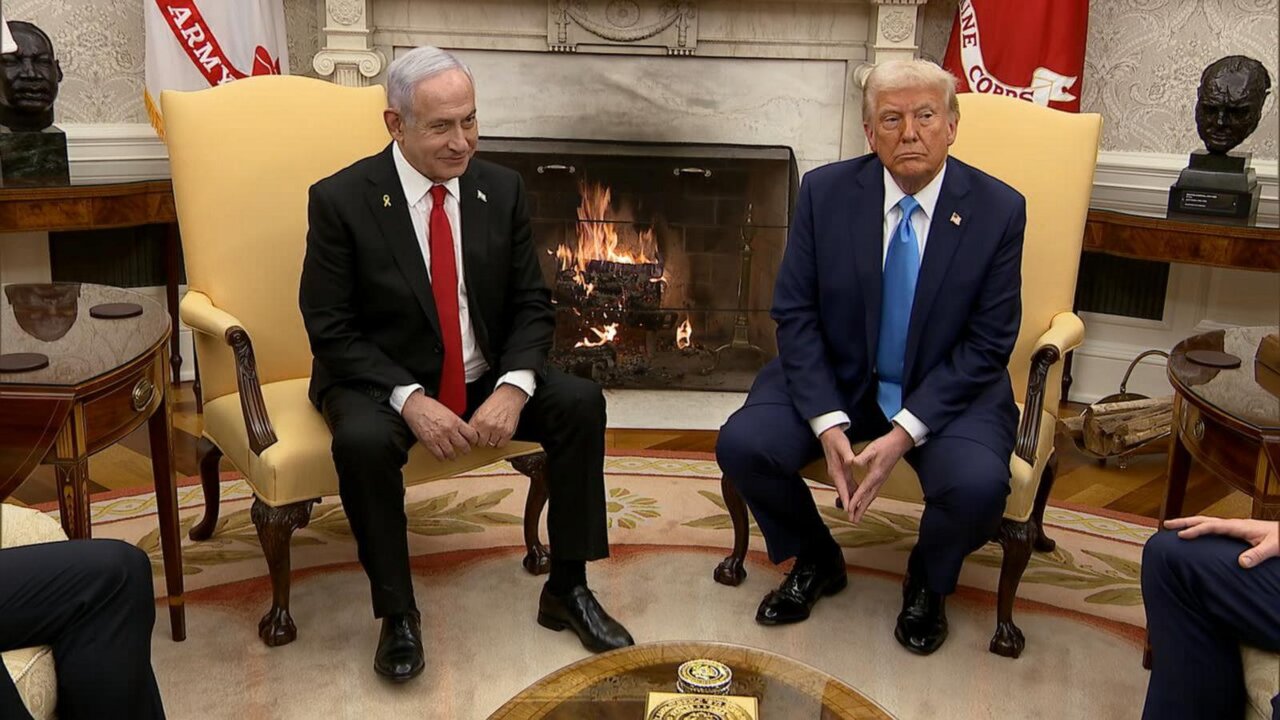Suppose we’ve just decided to negotiate...

TEHRAN – Let's say we decide to negotiate with Trump under today’s circumstances. Here's what’s likely to happen:
First, the U.S. – and especially Israel – will likely interpret this as a sign of Iranian weakness and a victory for Netanyahu's aggressive policies over the past year and a half. Consequently, from the very start of negotiations, the demands on Iran will probably go far beyond just the nuclear issue.
Because the other side will believe their pressure tactics are working, they'll likely increase that pressure even while negotiating. Even now, while Trump is seemingly open to talks, he's already been working for over a month to cripple Iran's oil sales and drastically cut its revenue. The language of negotiation and the reality of pressure will be tightly intertwined.
Therefore, at this stage, agreeing to formal, public negotiations offers no real advantage. It only validates their pressure strategy and encourages them to escalate it. If they believe they can dictate Iran's national security decisions through pressure, the negotiations are essentially doomed from the outset.
Moreover, entering negotiations under these circumstances means we can expect unusually aggressive pressure tactics – like those outlined in Trump's national security memo. The perception that Iran is weakened and ripe for submission will make genuine bargaining impossible. They'll essentially be demanding a ransom.
Especially in this situation, expecting any meaningful easing of sanctions is unrealistic. If our adversaries believe sanctions brought Iran to the table, why would they lessen them? Wouldn't it make more sense for them to intensify sanctions to force Iran's surrender during negotiations? Accepting negotiations under these conditions completely undermines any justification for sanctions relief.
And we know what comes next. The Israelis will argue that their previous approach was correct and they need to "finish the job." Consequently, they'll undoubtedly push Trump to set extremely stringent terms for negotiations – demanding much more while offering even less. This is the same game they've been playing all along.
At the same time, a significant game will play out internally in Iran. People will wait to see the outcome of the negotiations, which will likely stall most economic activity. Some officials, assuming an agreement is a foregone conclusion, will likely put their work on hold and instead lobby for a deal, arguing that the country can't function without one.
What will be the result? We enter negotiations only to find nothing to agree on. Instead of recognizing our good faith, the other side sees us as weak and vulnerable. Officials neglect their duties, and the population remains in a state of unproductive anticipation. Is this what we really want?
Of course, things could get even worse. When public anxiety and the expectations of officials reach a critical point, some may start considering even riskier strategies. Under those circumstances, there are certainly individuals in America and Israel who will argue that a significant military or security strike could force Iran's complete submission during negotiations. Is that not a logical next step in their minds?
I'm not claiming this analysis is entirely accurate, but the truth is that it aligns more closely with our past experiences than any other scenario one can imagine. Do some people believe this time will be different? If so, they need to present a convincing case. I haven't seen one yet.
